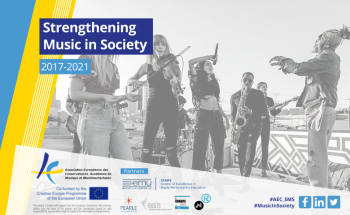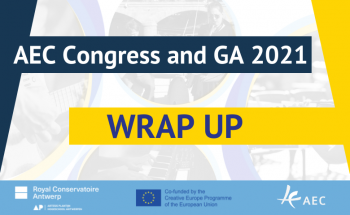Strand 2: Diversity, Identity, Inclusiveness
The working group, seeking examples of learning, teaching, recruitment and (equal) access among HMEIs, has successfully prepared two online publications. These publications, having evolved from the WG’s personal experiences and reflections, consultations, continuous discussions and insights gained through a vast body of scholarly literature, are meant to identify good practices, promote increased access and encourage HMEIs to evaluate their educational programmes and policies through the lens of inclusivity and pluralism. Moreover, both publications were enriched in myriad ways by reaching out to different HMEIs in search of existing practices and reflective actions on challenges posed by the wide area covered by this project strand.
Objective
- Encourage HMEIs to open their educational offer so as to answer the needs and requirements of diversity and promote inclusiveness throughout their activities.
Outputs
How are diverse cultures integrated in the education of musicians across Europe?
The first publication presents relevant case studies on how HMEIs integrate minority cultures and diverse backgrounds, including migratory backgrounds, in their educational offer, and how such practices enable the engagement of new audiences and communities. These case studies are meant to stimulate discussion and provide new ideas and possible pathways for HMEIs to undertake.
Decentering Curricula: Questions for Re-evaluating Diversity and Inclusiveness in HMEIs
The second publication includes a framework of common questions that allow institutions to consider a wide range of factors and premises according to their own unique circumstances. This compendium of self-reflective questions aims to challenge the ways of thinking of curricula and institutional culture from a diversity perspective within HMEIs, and can be used as a self-assessment tool.
Artistic Plurality and Inclusive Institutional Culture in HME
Finally, the WG launched an eBook that combines both publications into a holistic framework for reflecting upon and evaluating diversity, identity and inclusiveness in higher music education (HME) today, supported by a wealth of examples of inspiring practices across Europe and beyond. Concepts of quality and success become more inclusive when different genres and musical traditions coexist and influence each other through teaching, performance and research; this, in the WG’s view, is the essence of Artistic Plurality and Inclusive Institutional Culture in HME, and represents the major outcome of this project strand.
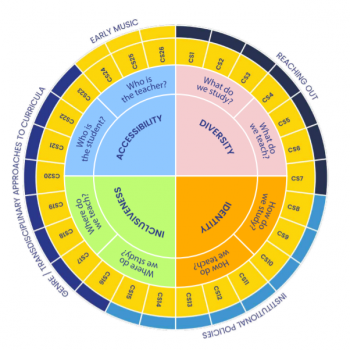
The Diversity, Identity, Inclusiveness Working Group, engaging with various topics linked to diversity and inclusion and compiling the publications, has not only been influenced by its members’ own experiences working in HME, but also by broader movements like #metoo and Black Lives Matter. These movements, as well as the Covid-19 crisis, have highlighted many difficult questions that have been tackled in several workshops and sessions delivered in the frame of AEC events during the project’s four-year scope.
Working Group members
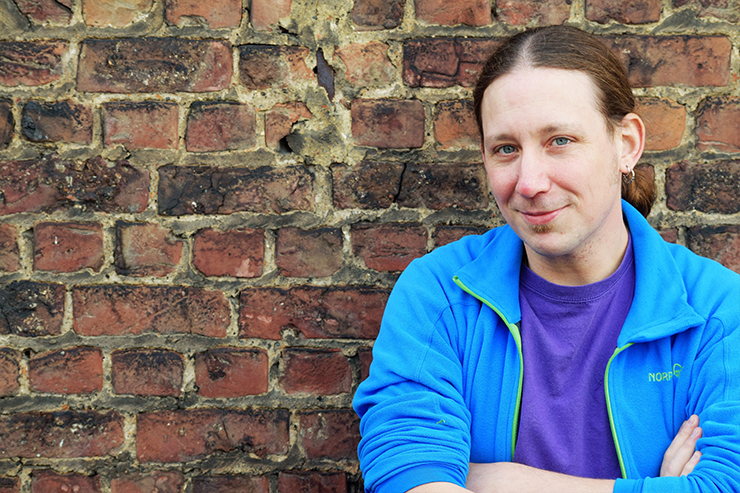
David-Emil Wickström
Popakademie Baden-Württemberg, Mannheim, Germany (Chair)
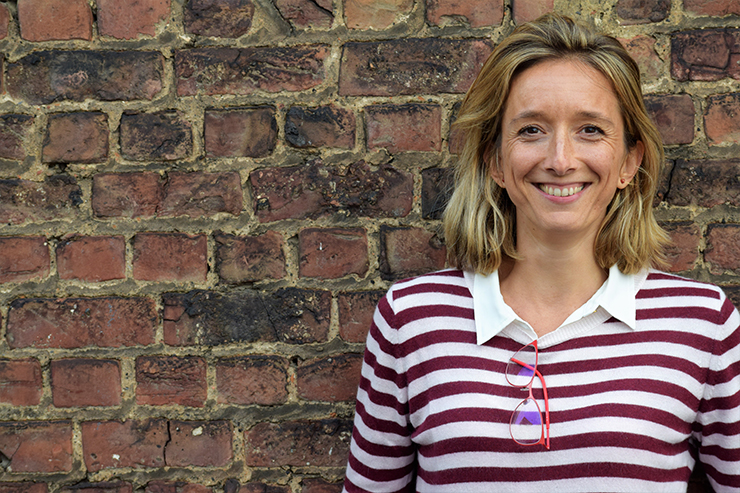
Clara Barbera
Berklee College of Music – Valencia Campus, Valencia, Spain
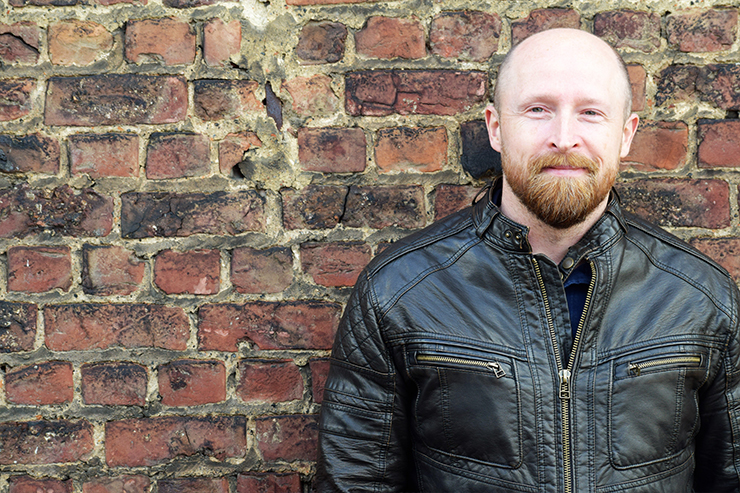
Joshua Dickson
Royal Conservatoire of Scotland, Glasgow, Scotland, United Kingdom

Baptiste Grangirard
Pôle Aliénor, Poitiers, France (student representative)
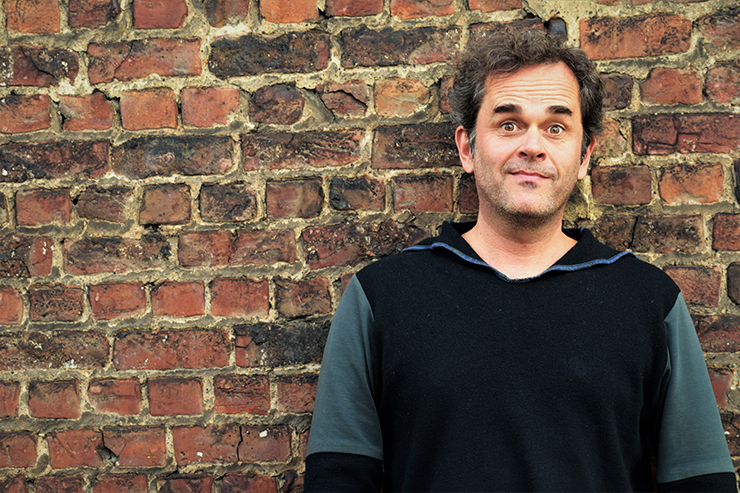
Stefan Heckel
University of Music and Performing Arts Graz, Graz, Austria
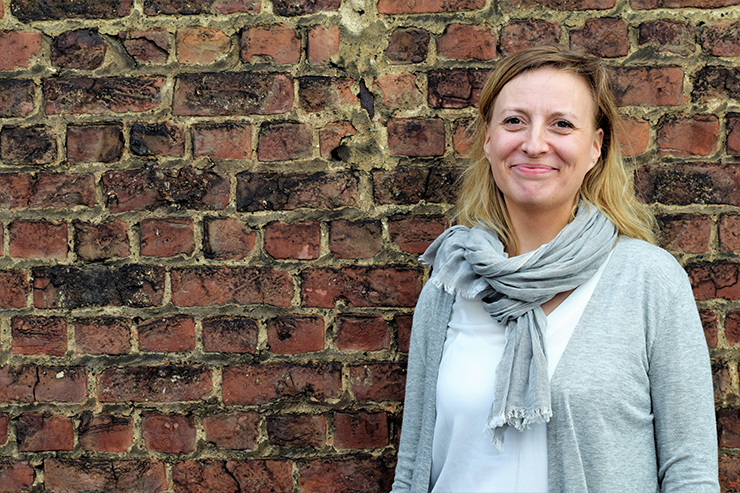
Katja Thomson
Sibelius Academy, University of the Arts Helsinki, Helsinki, Finland
Mojca Piskor
Academy of Music, Zagreb, Croatia
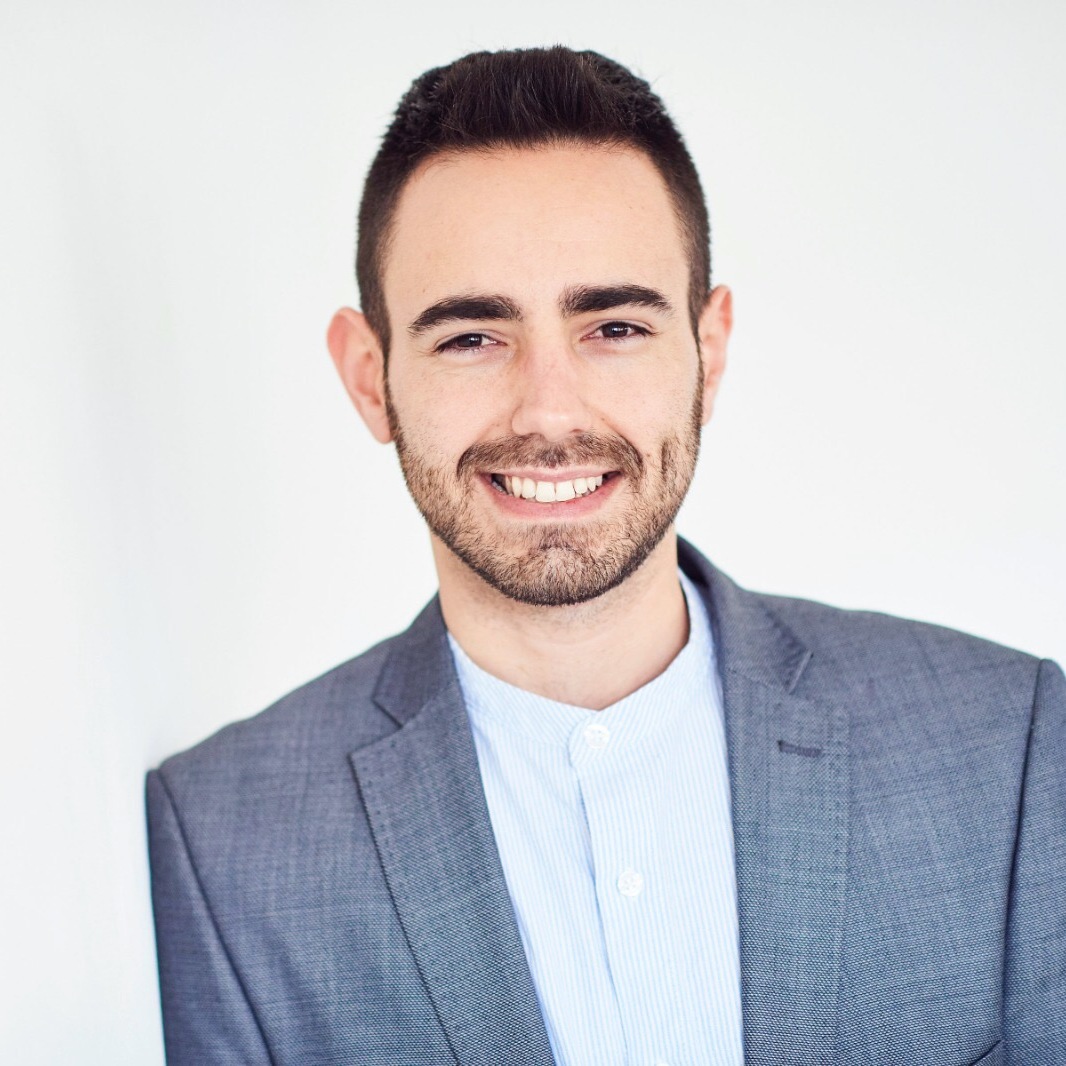
Alfonso Guerra
AEC Office, Brussels, Belgium (Working Group Coordinator)
Hear it from the AEC members!
More information? Get in touch with the Working Group Coordinator Alfonso Guerra!

